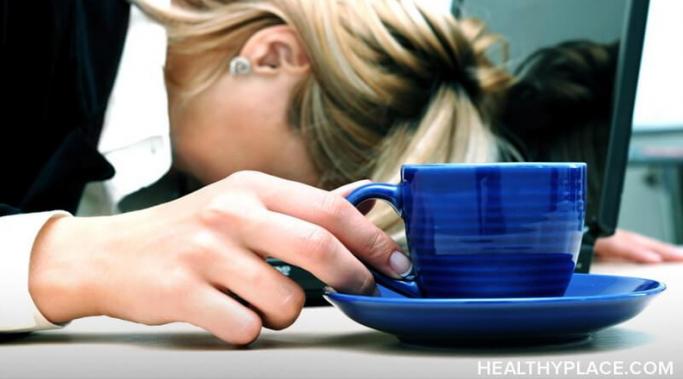We are two weeks into 2021, so it's safe to assume that most of us are back at work. But instead of healing you, what if the holidays made you realize you want to hibernate until the pandemic is over? In other words, if you're too depressed to work, here are some tips from someone in the same boat as you. I promise you will not find the usual suggestions to meditate, exercise, or journal; I'm sure you've already tried those.
Work and Depression
Depression and burnout are two distinct conditions. Even though depression and burnout have many common symptoms, they are not one and the same. That said, I believe having depression makes one more prone to burnout. This is why.
There are many kinds of dysfunctional families; mine is an enmeshed family. In my experience, an enmeshed family is one in which needs are perceived as a common unit. In simple words, individuality is frowned upon, and personal boundaries aren't respected. Such toxicity is common in India, but I'm sure it is a global issue. Enmeshment might seem like a mild to moderate inconvenience, but it can negatively impact work and life in general. With so many of us moving back home and working remotely due to the pandemic, it's crucial to know more about this unsettling phenomenon. Let's take a look.
There's no denying the fact that positivity does not come naturally to someone with depression. That said, trying to stay positive is important to keep hope alive and cope with depression. It is also necessary to do a reasonably good job at work. Let's take a look at some ways to do so.
Have you noticed that depression causes self-sabotage? I've noticed it myself. Since the past few months, my sleep schedule has gone for a toss. I find myself staying up late, even on days when I'm tired, and oversleeping has become the norm. The reason is this: increased depression due to the restrictions imposed by the pandemic. Owing to this, my ability to work has been affected.
Did you know that workplace suicide is on the rise? According to a 2018 Bureau of Labor Statistics report, there has been "an 11 percent increase in work-related suicides." Today, owing to the pandemic, mental health issues have taken a turn for the worse. In fact, the World Health Organization recently announced that "mental health, suicide prevention needs greater attention during pandemic." (Note: This post contains a trigger warning.)
Capitalism and "hustle culture" (the culture where one feels the need to be working constantly) have turned us into a strange species. Even in the middle of a pandemic, we are putting immense pressure on ourselves, in spite of depression, to hustle and be productive. While I don't think hustling was ever a good idea, I believe it is far worse in today's stressful times.
How do you cope with depression at work? After all, depression is hard enough to deal with by itself, add a stressful job to the mix and life can get very hard very soon. It is important for any individual with depression who is able to hold down a job to learn some coping mechanisms to help them deal with depression at work. Because just like a natural disaster, a depressive episode can hit you when you are least equipped to handle it. Let's take a look at three healthy coping mechanisms you can use to cope with depression at work. Each one of them has worked for me and I hope they work just as well for you too.
After a busy workday, it's essential to let your mind recover and disconnect from work. Studies have shown that a healthy work-life balance benefits mental health by decreasing symptoms of depression and anxiety.
Fatigue at work often interferes with your job when you have depression. When you are constantly exhausted, it’s hard to focus on your job, and depending on what you do, this can be dangerous. If fatigue because of depression at work is a problem for you, it’s important to take steps to manage it. In this post, I will go over habits to establish to help you manage exhaustion, as well as some quick tips for dealing with fatigue at work.









